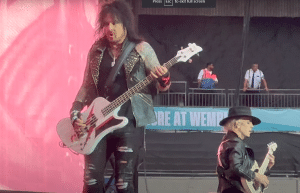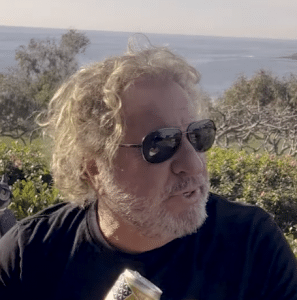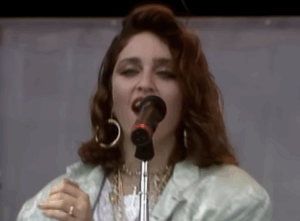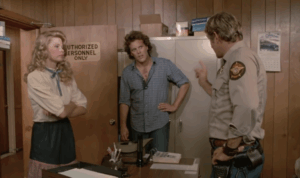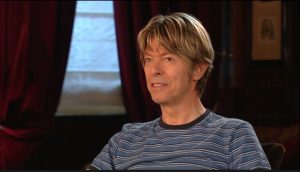What Drove George Harrison to Turn His Back on the Music Industry in the ’80s
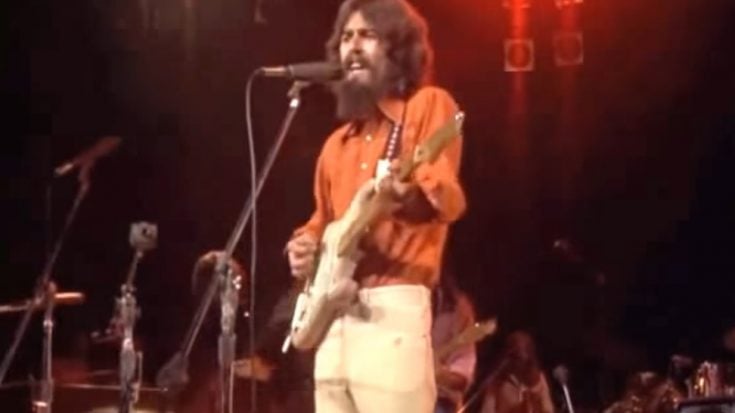
George Harrison Live in 1971 - Afif Luthfi Waliyullah / YouTube
George Harrison’s name rings out across generations—not just as the lead guitarist of The Beatles, but as a creative force who carved his own path after the band’s split. Known for infusing Eastern sounds, spiritual themes, and deeply personal lyrics into his work, Harrison’s post-Beatles solo career was often as adventurous as it was introspective. But as the music industry entered the glitzy, synth-heavy 1980s, Harrison’s presence began to noticeably fade.
The decade marked a turning point. Though Harrison had already released several celebrated solo albums throughout the 1970s—including All Things Must Pass and Living in the Material World—his output slowed down significantly in the ’80s. He released just three solo albums during that period, with a notable five-year gap between Gone Troppo (1982) and Cloud Nine (1987). For fans and critics alike, this lull raised questions about what was happening behind the scenes.
Rather than a lack of inspiration, the answer appeared to lie in Harrison’s growing frustration with the industry itself. In interviews from that era, Harrison didn’t hold back about his discontent with the music business and the artistic climate of the decade. His decision to step back wasn’t simply about burnout—it reflected a deeper philosophical and creative disconnect.
View this post on Instagram
Disillusioned by the Industry Machine
Harrison’s relationship with the music business was never purely transactional. For him, music was a spiritual and emotional outlet, not just a product to be sold. In an interview with Guitar Player Magazine, he revealed a key part of his decision to retreat: “I was fed up with the record business.” The burden of creative control and business expectations began to weigh heavily on him, and he grew weary of the pressure to constantly deliver hits.
His comments suggest that he felt isolated in the creative process. Without a consistent collaborator or partner to bounce ideas off, Harrison felt the responsibility of producing music became more draining than fulfilling. As an artist who had always valued collaboration—from The Beatles to his work with musicians like Eric Clapton and Ravi Shankar—this sense of creative loneliness compounded his dissatisfaction.
Moreover, Harrison wasn’t just speaking from a place of personal fatigue. His critique pointed toward larger issues within the industry. The marketing machine, he said, had taken over the artistry. Everything had to fit into a narrow mold to be radio-worthy. That rigidity clashed with Harrison’s love of musical exploration and nonconformity, leading him to step away rather than compromise.
https://twitter.com/apple_c0rps/status/1816852084634845402
Creative Redundancy and Musical Stagnation
Beyond the business side, Harrison was equally disenchanted with the direction of music itself. The ’80s ushered in an era of synthesized pop and formulaic songwriting, trends that Harrison found monotonous and soulless. He expressed his boredom openly, saying, “The mass of stuff… it all just sounds the same to me. I just got so sick of it.”
For someone who had spent his career pushing musical boundaries—from Indian classical fusion to slide guitar innovation—this kind of sonic repetition felt like a dead end. Harrison thrived on variety and experimentation, and the homogenized pop landscape of the time left little room for that. It’s no surprise that the ’80s weren’t creatively fulfilling for him.
Harrison’s frustration wasn’t rooted in cynicism, but in artistic values. While he acknowledged that there were still songs he enjoyed from the era, they were exceptions, not the norm. He craved music that took risks and carried meaning—qualities he found increasingly scarce. As the mainstream leaned into predictability, Harrison chose to seek fulfillment outside its walls.
View this post on Instagram
Reemergence and Reinvention
Despite his misgivings, Harrison wasn’t done with music entirely. After a lengthy break, he returned with Cloud Nine in 1987—a critically acclaimed album that reasserted his creative vitality. This record wasn’t just a comeback; it was a declaration that Harrison could still make relevant, compelling music on his own terms.
One of the turning points during this period was his reunion with collaboration. Teaming up with Jeff Lynne and later joining Bob Dylan, Tom Petty, and Roy Orbison to form The Traveling Wilburys, Harrison rediscovered the joy of shared musical creation. The band’s 1988 debut, Traveling Wilburys Vol. 1, marked a refreshing departure from the constraints he had lamented earlier in the decade.
These late-’80s successes showed that Harrison hadn’t lost his spark—he had simply needed time and space to recalibrate. By stepping back, he preserved his integrity and waited until the music once again felt genuine. In doing so, he reminded the world that true artistry sometimes means knowing when not to play.




